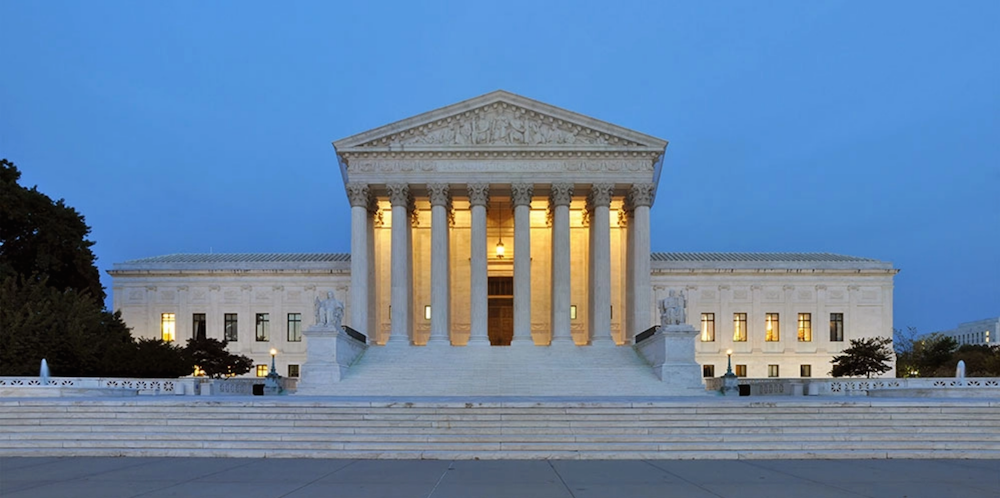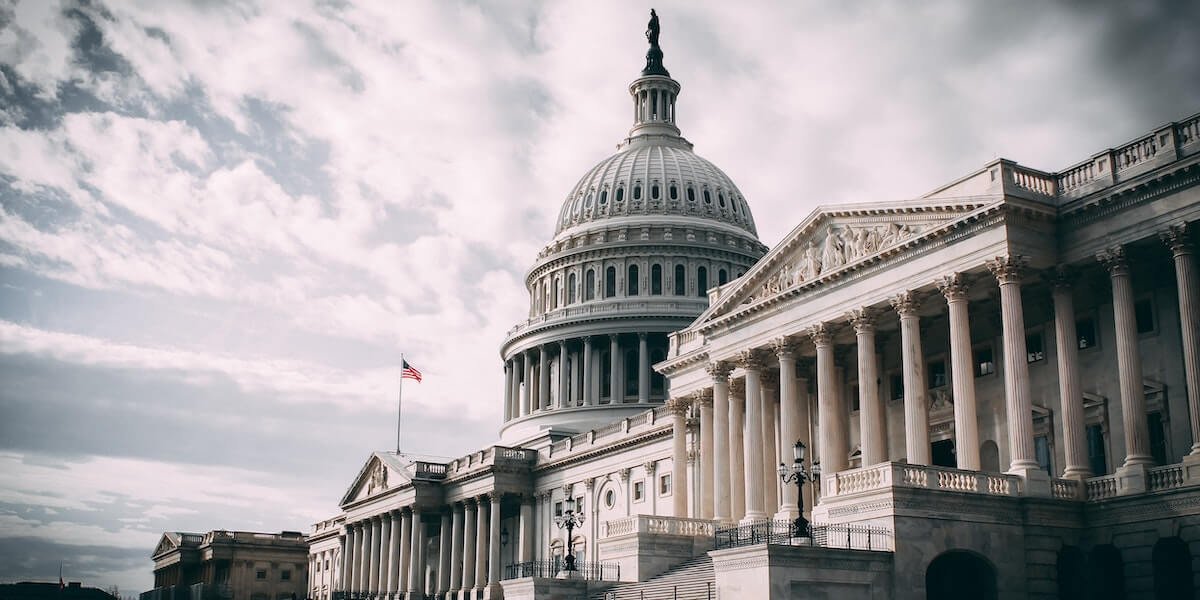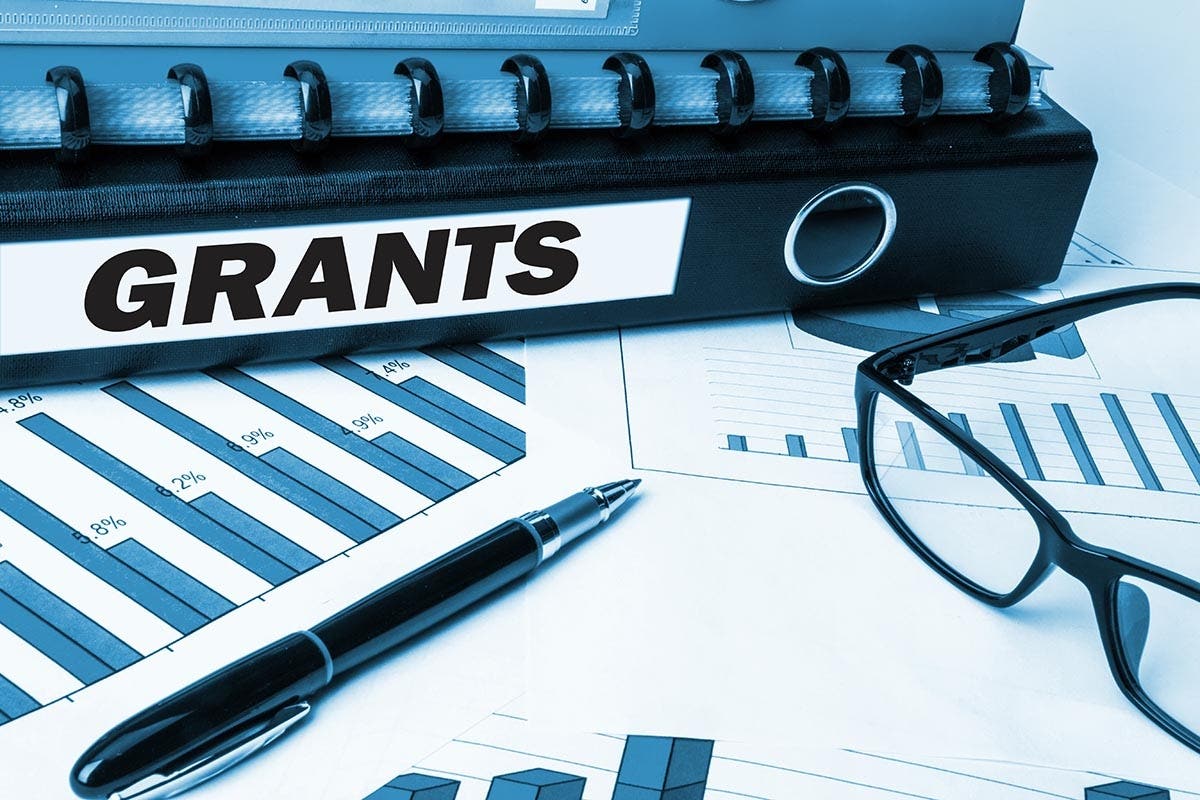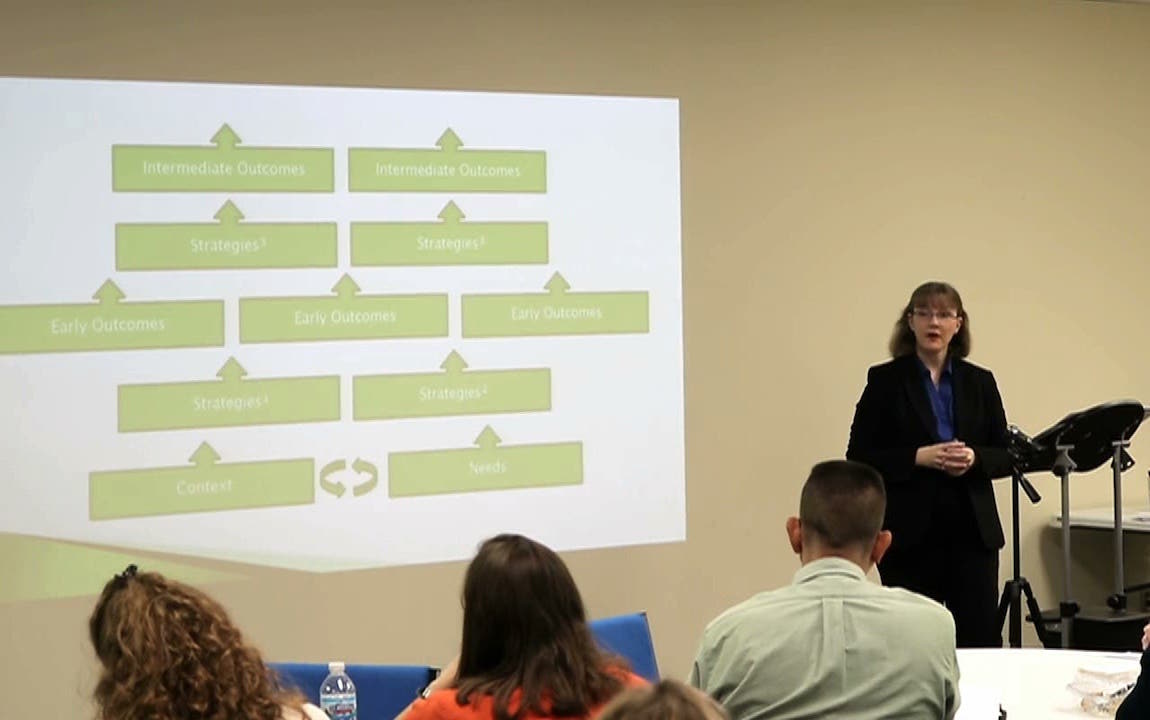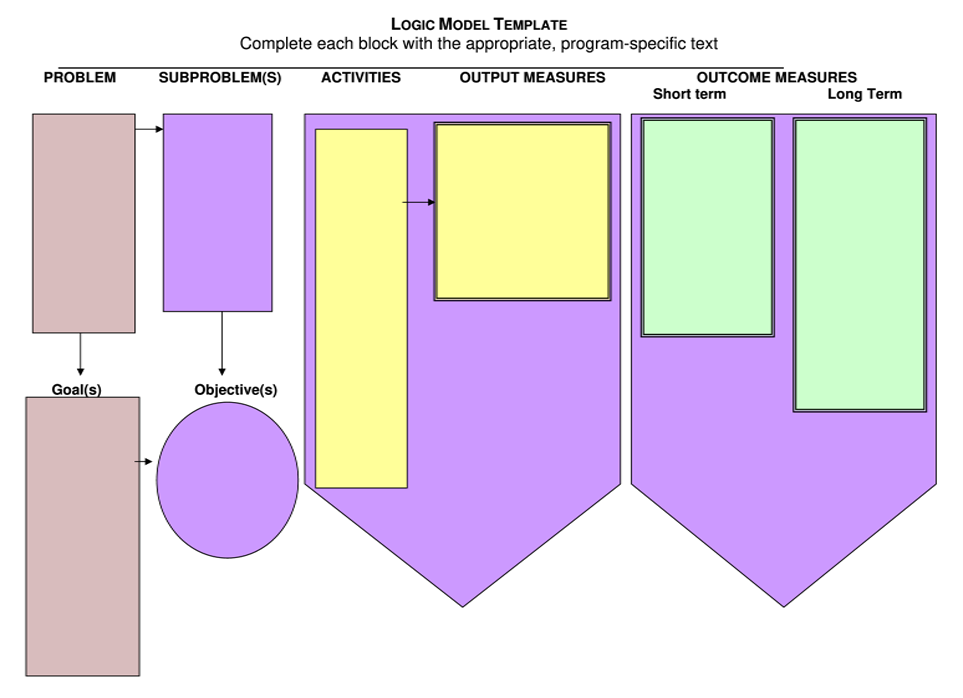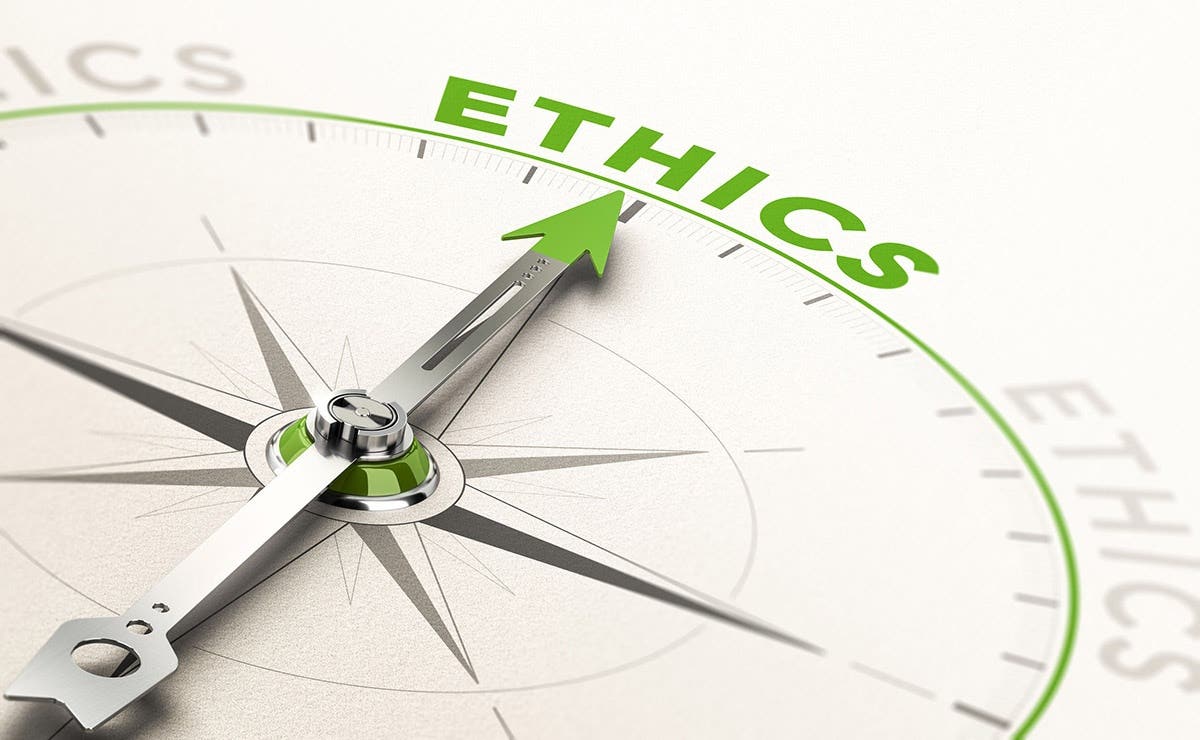04 Mar Federal Grants Series: Federal Grant Management
SESSION 4 of the FEDERAL GRANTS SERIES Price: $150 The fourth session of our half-day, interactive Federal Grants series, designed to support nonprofit professionals before and during their first federal grant. Buy Now You'll learn: Best practices for staff time and effort tracking Best practices for procuring materials and...

